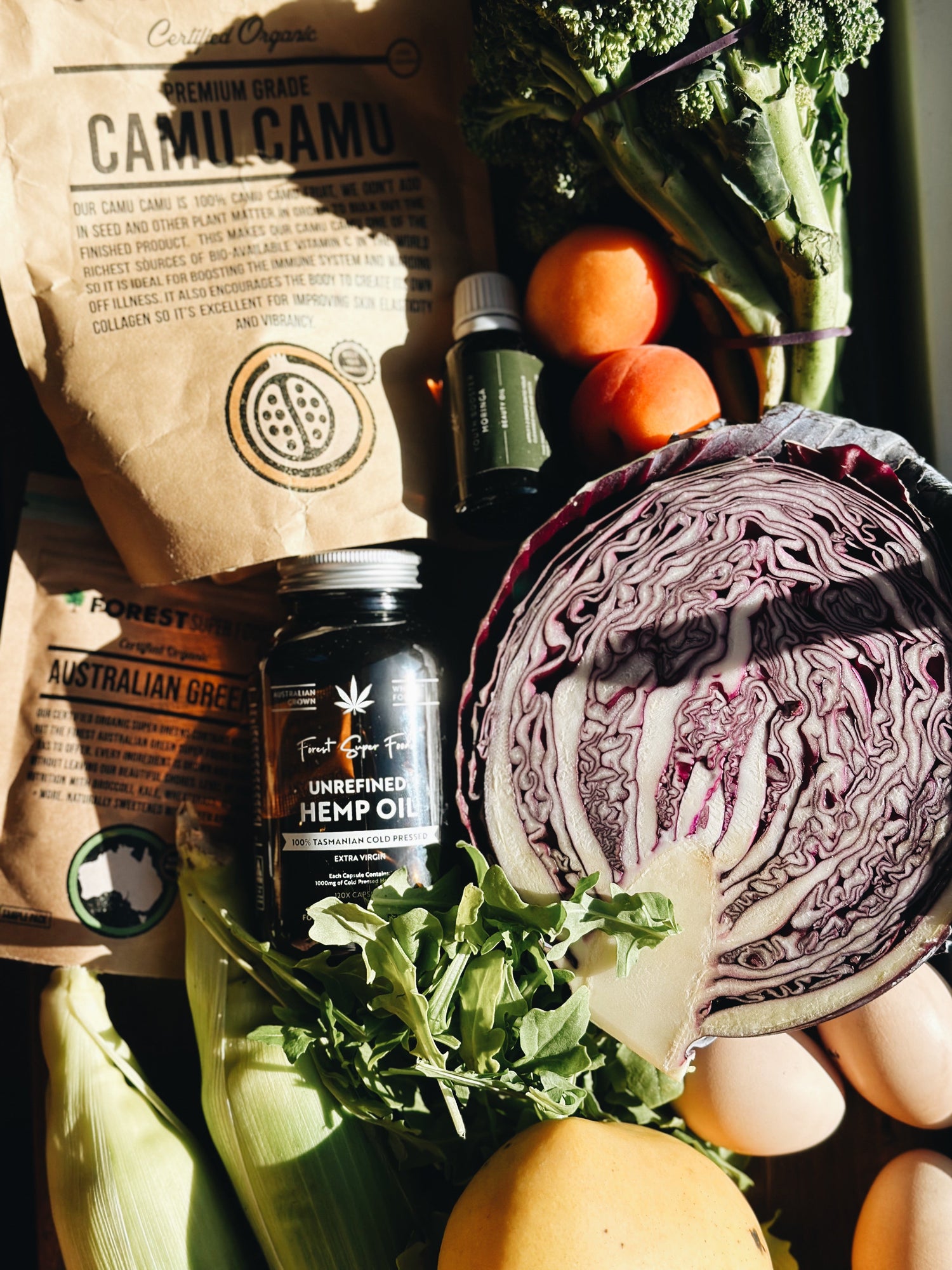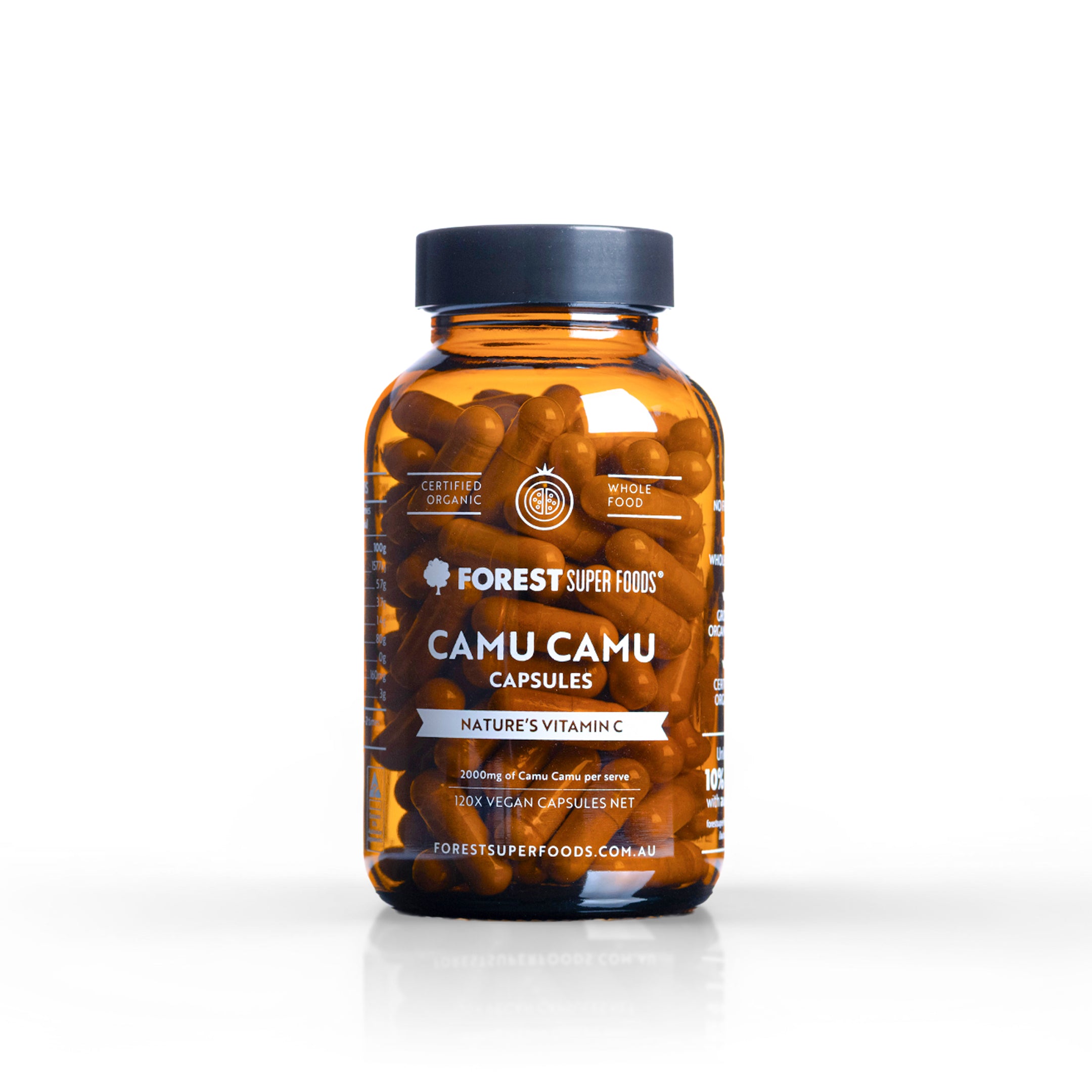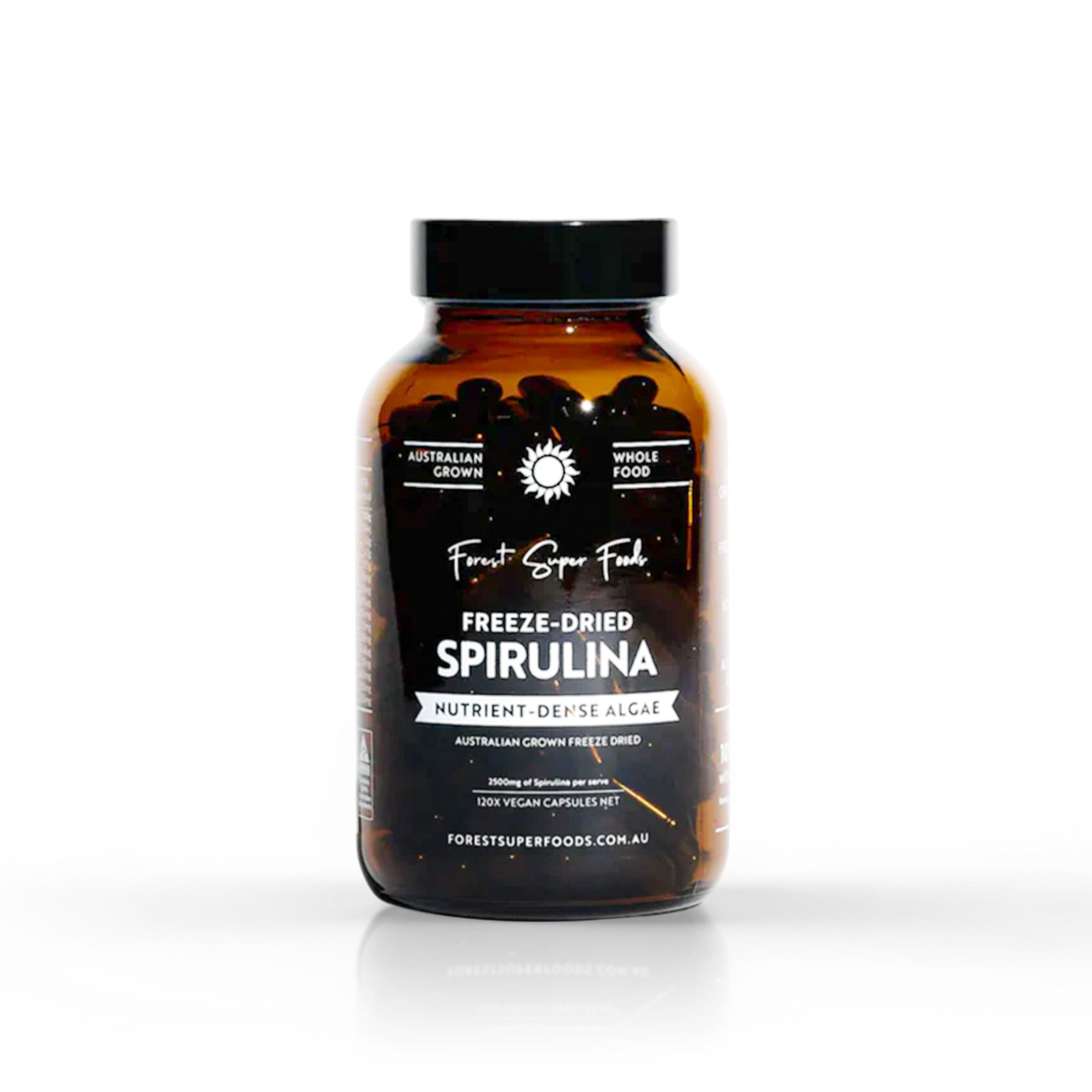As the days grow shorter and the air turns crisp, our bodies instinctively crave warmth, nourishment, and grounding. Winter isn't just a change in weather—it's a shift in biology, mood, and metabolic rhythm. Yet, modern food culture, dominated by global supply chains and convenience, often detaches us from these natural cues. Seasonal eating is more than a trend—it’s a return to intuitive wellness. And in winter, eating seasonally becomes a powerful form of self-care.
Nature Knows Best: Winter Foods for Winter Needs
Winter vegetables like pumpkin, carrots, sweet potatoes, onions, and dark leafy greens are not just abundant—they're exactly what our bodies are calling for. Root vegetables provide slow-burning carbohydrates for sustained energy. Cruciferous greens like kale and Brussels sprouts are rich in immune-supporting compounds. Citrus fruits, in their seasonal prime, deliver a refreshing hit of vitamin C when we need it most.
Nature, in her wisdom, grows what supports us through the season. Winter produce is heavier, denser, and packed with the nutrients we need to stay warm, grounded, and protected from seasonal viruses.
Warming the Body: The Power of Seasonal Preparation
How we prepare food in winter matters just as much as what we eat. This is the time for:
- Slow cooking: Soups, stews, and broths not only warm the body but make nutrients more bioavailable.
- Spices that stoke the fire: Ginger, turmeric, cinnamon, and garlic stimulate circulation and support digestion.
- Fermented foods: Sauerkraut, miso, and kimchi balance gut flora—especially important when indoor living and antibiotics are more common.
Rather than cold smoothies and salads that dominate summer wellness trends, winter invites us to think warm, hearty, and hydrating.
Immunity, Mood, and Metabolism: Why Seasonal Eating Works
Our immune system slows in winter, partly due to lower sunlight exposure and vitamin D levels. Seasonal eating fills the gap. Foods like mushrooms, citrus, and garlic naturally support immune function. Winter carbs (like root vegetables and whole grains) aid serotonin production, which stabilises mood when sunlight is scarce.
Even metabolism adapts. Colder weather increases our caloric demands as the body works to stay warm. Eating seasonally respects that—fueling us without overwhelming digestion.
Eating seasonally is also a vote for the planet. Seasonal foods require fewer resources to grow and transport, and when sourced locally, they support farmers in your region. In winter, that might mean switching from imported berries to locally harvested pears, apples, and root crops. It’s a small shift with big impact—nutritionally, environmentally, and economically.
Eat with the Season, Thrive with the Season
Winter asks us to slow down, nourish deeply, and live intentionally. Seasonal eating answers that call with wisdom older than any trend. It’s about more than food—it’s about rhythm, resilience, and reconnection.
So as you sip your next cup of spiced soup or roast a tray of root veggies, know that you’re doing more than feeding your body. You’re aligning with nature’s design—and in winter, that’s the ultimate act of nourishment.
Certified Organic Camu Camu Berry CapsulesA powerful supplement for your health and wellness. Order Now |

|
Frequently Asked Questions
What does Lion's Mane do for the body?
Lion's Mane (Hericium sp.) is a functional mushroom traditionally consumed as part of a healthy diet. It is valued for its unique nutritional profile and is often chosen to support overall wellbeing, productivity, and mental clarity.
Is Lion's Mane legal in Australia?
Yes, Lion's Mane is completely legal in Australia.
What are the side effects of Lion's Mane?
Lion's Mane is generally well tolerated, but some people may experience mild digestive upset or skin irritation. As with any supplement, it's best to consult your healthcare provider if you have allergies or are taking any regular medications.
Which is better – Lion's Mane or Ashwagandha?
It depends on your goal. Lion's Mane is valued for its role in focus, mental clarity, and reducing brain fog while Ashwagandha is great for reducing stress and anxiety to support a calmer mood.
Will Lion's Mane make me sleepy?
Lion's Mane is not a sedative and typically won't make you feel drowsy — in fact, many people report enhanced mental clarity and alertness when taking it.










Leave a comment
All comments are moderated before being published.
This site is protected by hCaptcha and the hCaptcha Privacy Policy and Terms of Service apply.